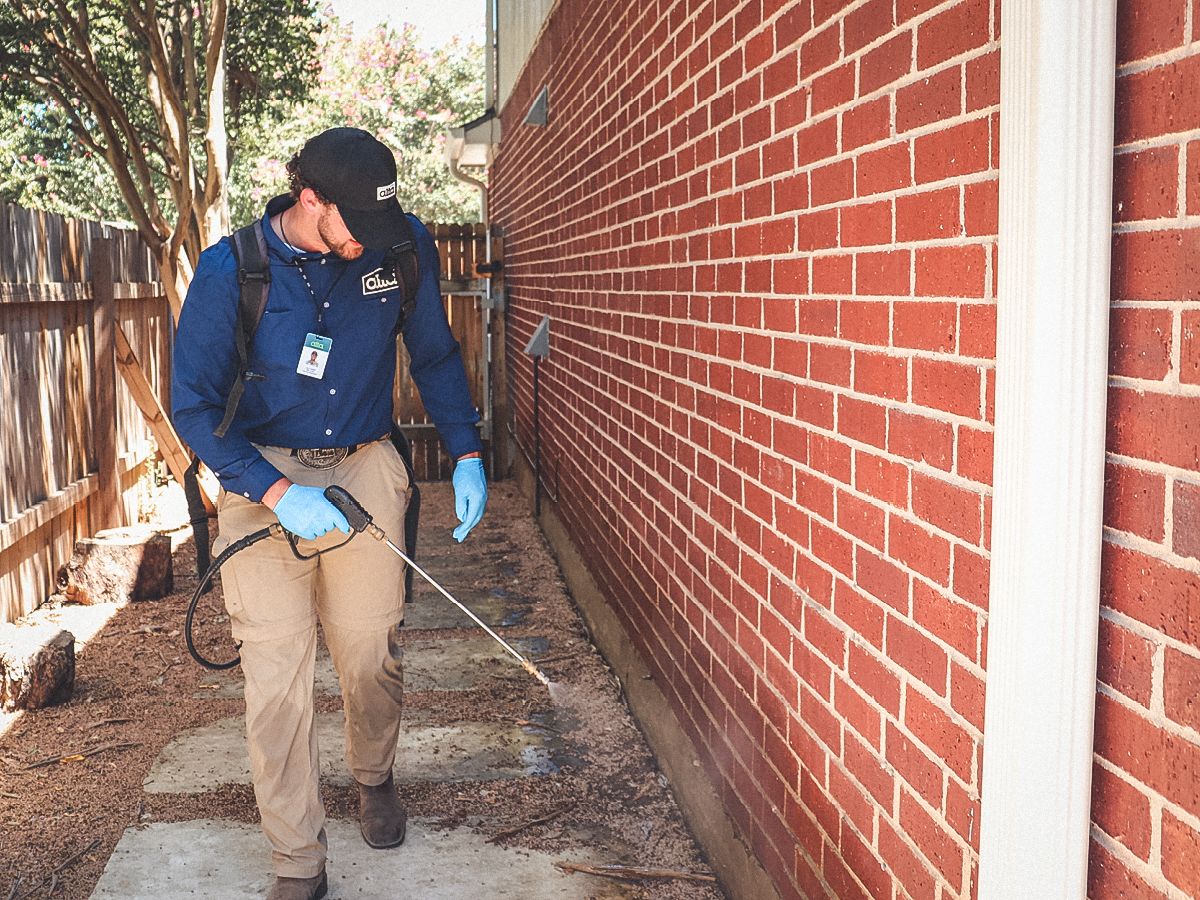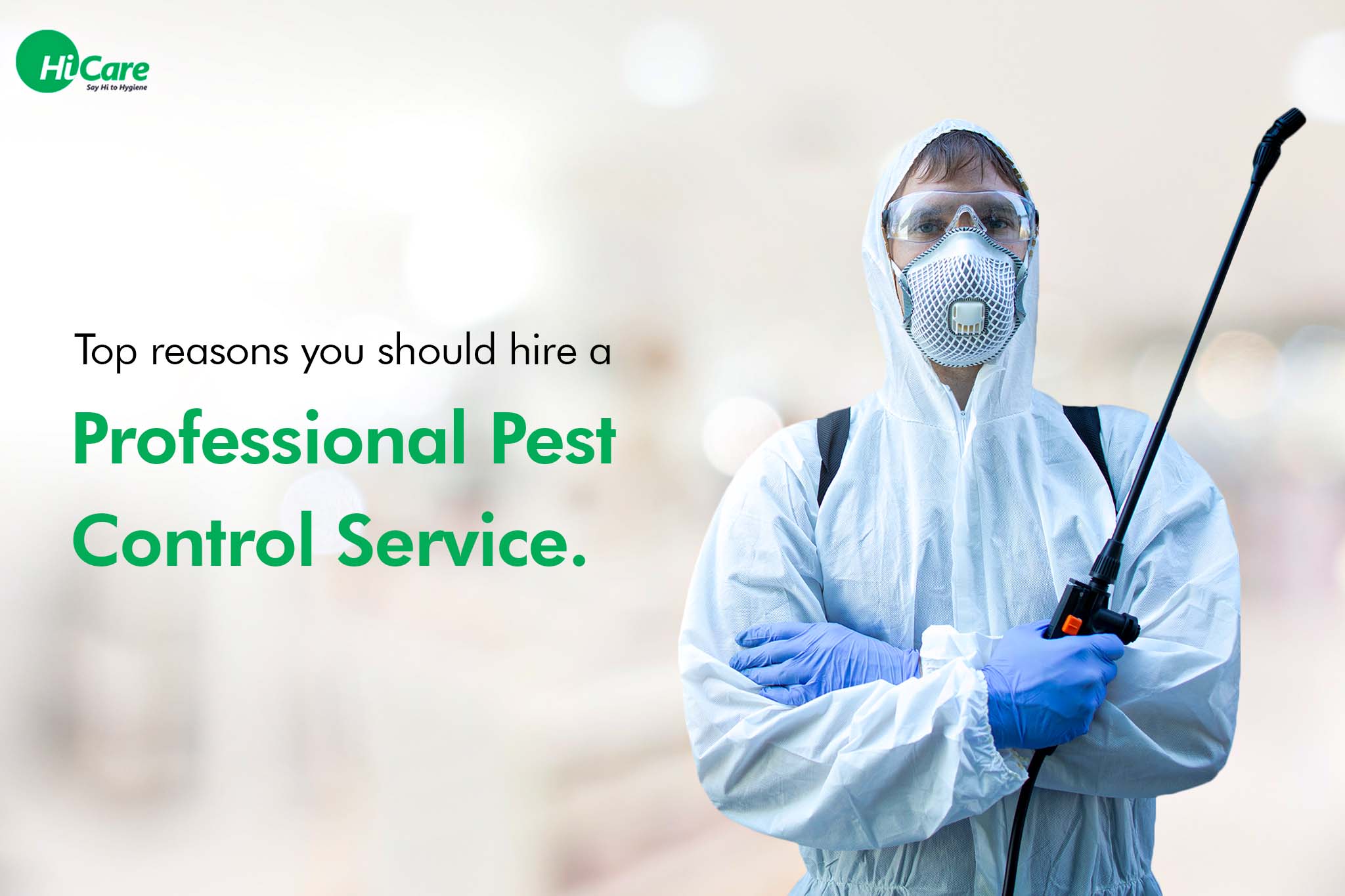Top-rated Pest Control in Charlotte County for Your Home and Business
Wiki Article
Learn About the Most Recent Breakthroughs in Parasite Control and Exactly How to Execute Effective Treatment Solutions
In recent years, the field of parasite control has actually observed considerable advancements, driven by the demand for sustainable and efficient therapy remedies. Ingenious strategies such as Integrated Parasite Management (IPM) combine environment-friendly techniques with sophisticated technology, improving both effectiveness and environmental obligation.Eco-Friendly Bug Control Options
Over the last few years, the demand for environment-friendly bug control choices has actually surged as homeowners and businesses alike seek lasting choices to traditional chemical therapies. This change is driven by expanding ecological understanding and a desire to reduce the health and wellness dangers connected with artificial pesticides.

Green pest control approaches incorporate a range of strategies that focus on the use of all-natural substances and practices. Integrated Pest Monitoring (IPM) is one such strategy, integrating organic, social, and mechanical methods to manage pest populaces while lowering dependence on chemicals (Wildlife removal services). This all natural technique stresses avoidance via environment manipulation and the intro of all-natural killers, thus fostering a balanced ecosystem
An additional preferred choice is using botanical pesticides stemmed from plants, which tend to be less harmful to non-target microorganisms. Products like neem oil and diatomaceous earth have actually gained grip for their efficiency in managing insects while presenting very little risks to human health and the atmosphere.
In addition, exemption methods, such as sealing entrance points and keeping sanitation, play a vital role in environment-friendly insect management. By adopting these sustainable practices, businesses and people can efficiently manage insects while promoting a much healthier planet for future generations.
Smart Technology in Bug Management
Technology is reshaping the landscape of pest administration, with clever innovation emerging as an essential force in boosting performance and efficiency - Wildlife removal services. The integration of Internet of Points (IoT) tools, man-made knowledge (AI), and information analytics is reinventing how parasite control professionals come close to problems
Smart catches equipped with sensors can find insect activity in real-time, sending out immediate alerts to drivers. This enables for timely feedbacks, reducing damage and minimizing the need for substantial treatments. In addition, AI formulas analyze historical information to anticipate parasite behavior, allowing proactive treatments based upon ecological conditions and infestation patterns.
Drones and computerized automobiles are additionally playing a significant duty in insect management, providing airborne evaluations of big locations, identifying hotspots, and even dispersing targeted treatments. These technologies not just enhance operations however likewise improve safety by restricting human direct exposure to possibly dangerous chemicals.
In addition, mobile applications empower customers to keep an eye on parasite task and gain access to professional guidance, promoting a collective technique to pest monitoring. In general, the fostering of wise innovation is establishing a brand-new criterion in pest control, stressing data-driven decisions and sustainable practices that eventually profit both property owners and specialists alike.
Integrated Parasite Management Techniques
Integrated Parasite Monitoring (IPM) uses an all natural strategy to pest control, combining numerous methods to properly handle pest populations while decreasing dangers to human wellness and the environment. IPM focuses on recognizing the pest life cycle, their natural adversaries, and the environment in which they prosper.One of the fundamental elements of IPM is checking pest populaces through routine inspections and data collection. This enables the recognition of parasite thresholds, determining when intervention is required. Cultural methods, such as plant sanitation, habitat, and turning adjustment, are essential in minimizing pest frequency and promoting plant wellness.
Mechanical controls, including traps and obstacles, are additionally essential in IPM. These methods can physically remove or deter pests without making use of chemicals. When needed, the judicious application of chemical controls is employed, focusing on targeted treatments that reduce ecological effect.
Education and learning and partnership among stakeholders, consisting of farmers, insect control specialists, and the area, are critical for the successful execution of IPM approaches. By focusing on sustainable techniques, IPM not only addresses pest issues however likewise fosters a healthier ecological community.
Biological Control Techniques
Countless organic control approaches are increasingly identified for their effectiveness in handling pest populations while promoting eco-friendly equilibrium. These techniques harness all-natural predators, bloodsuckers, and pathogens to decrease pest numbers without relying upon synthetic chemicals. For circumstances, the intro of ladybugs can successfully manage aphid populaces, while nematodes target soil-dwelling bug larvae.Furthermore, using microbial chemicals, such as Bacillus thuringiensis (Bt), provides an environmentally friendly alternative for taking care of caterpillar parasites. These products specifically target pest types, lessening damage to valuable bugs and pollinators. In addition, preservation biological control emphasizes improving habitats for all-natural enemies, such as birds and beneficial insects, thus motivating their visibility in agricultural systems.
Research study proceeds to disclose cutting-edge techniques within this area, such as using pheromones to interrupt pest mating patterns or the advancement of biocontrol representatives through hereditary design. Implementing these techniques can bring about sustainable parasite administration techniques that alleviate the reliance on chemical treatments, ultimately fostering healthier ecological communities. As understanding of these strategies expands, they are coming to be integral parts of integrated insect management (IPM) strategies, using an equilibrium in between efficient insect control and ecological stewardship.
Do It Yourself Pest Control Solutions
As homeowners seek efficient methods to deal with insect issues, do it yourself pest control solutions have gotten appeal for their ease of access and cost-effectiveness. These methods encourage individuals to address invasions making use of readily available materials and strategies, frequently without the need for expert treatment.
In addition, maintaining correct hygiene and normal evaluations can avoid insect entrance and nesting (Wildlife removal services). Easy practices, such as securing splits, removing food sources, and decluttering, can considerably decrease pest populations. Traps, both homemade and readily offered, can additionally provide effective solutions for monitoring and regulating particular parasites like insects or rats

Final Thought
The integration of environment-friendly pest control alternatives, smart technology, and innovative administration approaches provides an extensive method to effective parasite management. By embracing Integrated Bug Administration (IPM) and utilizing biological control techniques, along with Do it yourself remedies, lasting and responsible parasite control can be achieved.Environmentally friendly pest control approaches include an array of methods that focus on the use of natural compounds and practices. Integrated Pest Administration (IPM) is one such technique, incorporating organic, social, and mechanical strategies to handle insect populations while minimizing dependence on chemicals. As awareness of these strategies grows, they are coming to be important elements of integrated insect monitoring (IPM) strategies, supplying a balance between efficient bug control and ecological stewardship.
The assimilation of environmentally friendly bug control options, smart modern technology, and ingenious management techniques presents a comprehensive technique to effective bug management. By embracing Integrated Bug Administration (IPM) and using biological control approaches, along with Do it yourself solutions, liable and sustainable insect control can be attained.
Report this wiki page